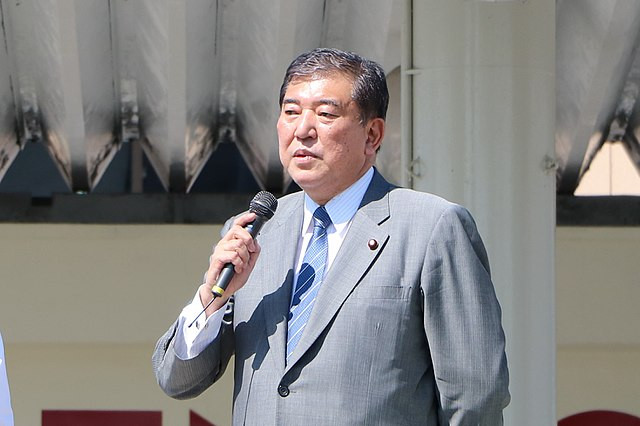Japan is making a last-ditch push to avoid inclusion in the United States' sweeping 25% auto tariff set to take effect Wednesday night, as Prime Minister Shigeru Ishiba vowed to escalate negotiations directly with President Donald Trump if necessary. The tariffs, which apply to fully imported vehicles starting midnight U.S. time, are expected to expand to auto parts in the coming weeks.
"I don't mind going to Washington, if necessary," Ishiba told reporters Tuesday, adding, "When I see the overall picture and judge that it is appropriate for me to go, I must do so without hesitation."
Despite Japan's position as a key U.S. ally in Asia and the second-largest source of imported vehicles to the American market, Tokyo has not secured an exemption. The prospect of new tariffs has sparked concerns for Japan's export-driven economy and for major automakers including Toyota Motor Corp. and Honda Motor Co., whose U.S.-bound exports are a major growth pillar.
Ishiba said Japan's government agencies-including the ministries of foreign affairs, trade, and finance-were working "day and night" in ongoing negotiations with their American counterparts. Trade Minister Yoji Muto has also engaged with South Korea and China to coordinate a multilateral stance against what he described as "protectionist" policies.
"The government will negotiate with the ruling coalition at an early date specific measures we can take to respond," Ishiba said during a press conference, noting that financial aid could be offered to struggling firms in the event tariffs proceed.
The government plans to establish 1,000 consultation windows nationwide to help small and medium-sized suppliers and manufacturers navigate the fallout, Ishiba said. Additional emergency support for "cash-strapped business owners" is also under consideration.
Japan's economy is already under strain from rising inflation, which hit 3.7% in February, one of the highest rates among developed countries. Food costs, including rice, have seen sustained increases. While large corporations have committed to significant wage increases during this year's labor negotiations, uncertainty remains over whether smaller firms can follow suit.
"Achieving wage hikes is at the core of our growth strategy," Ishiba said, pledging to introduce a package by May aimed at lifting the minimum wage, followed by additional measures in June to help small businesses absorb rising costs.






